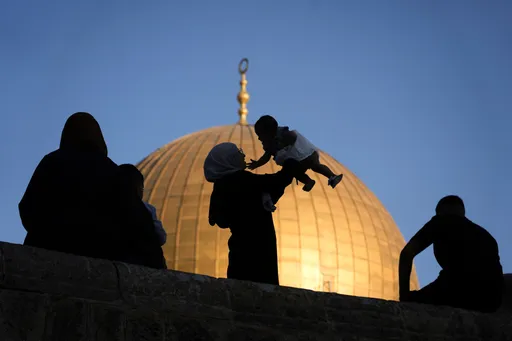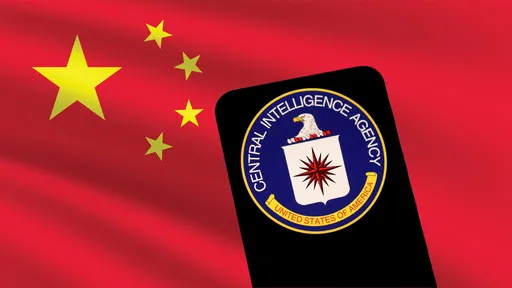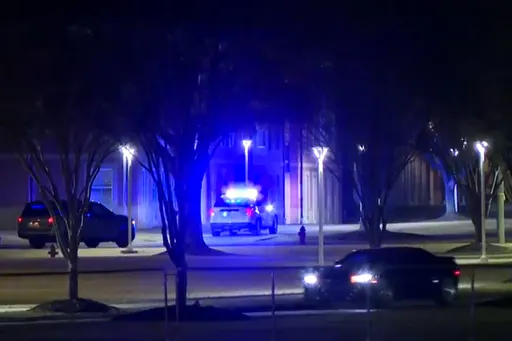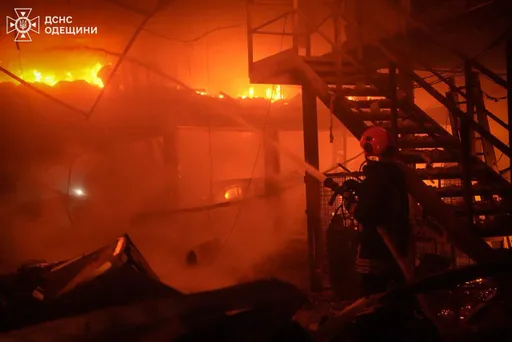Syria’s eight years of war has not yet come to an end, but warring parties have already started to ask who’s going to shoulder the financial burden of rebuilding years of destruction.
On December 24, US President Donald Trump said it won’t be Washington footing the bill, but instead, “Saudi Arabia has now agreed to spend the necessary money needed to help rebuild Syria...”
“Isn’t it nice when immensely wealthy countries help rebuild their neighbours rather than a Great Country, the US, that is 5000 miles away,” Trump tweeted.
In August Riyadh pledged a $100 million contribution to a US-backed campaign to "stabilise" north-eastern Syria, while the Trump administration ended the $230 million fund of its civilian-aid program to the country the same month.
There is no immediate information on the amount of the latest pledge from US ally Saudi Arabia, and how the money would make it to Syria, and through whom.
Why Saudi Arabia?
For Dr Theodore Karasik, a Senior Advisor to Gulf State Analytics, the motivation behind Trump’s decision of handing reconstruction responsibility over to the Saudis is part of a plan for the ‘ultimate role’ they have planned for Gulf states in the region.
“The idea is to put in an Arab constabulary force but also to fund and help reconstruct Syria. So the reason why Trump is forcing the issue to make sure Gulf Arabs are part of the solution,” Karasik tells TRT World.
A recent report suggests that Gulf nations are moving towards readmitting Syria back into the Arab League after Damascus was expelled as a consequence of its brutal response to protests eight years ago.
Trump’s decision on Saudi payment for the reconstruction comes shortly after Trump’s announcement of the withdrawal of US military personnel from Syria, saying that Daesh is “defeated” in the country, despite Pentagon statements in the past saying that US presence was also aimed at defeating Iranian-backed forces in Syria.
The Pentagon later confirmed Trump’s decision to withdraw troops from the war-torn country, but the White House hasn’t yet commented on the continuing presence of Iranian-backed militias in Syria.
The US has been conducting air strikes in Syria since 2014, when Daesh spread across the country from Iraq. The US has justified its campaign by saying it was targeting Daesh positions. But the US-led campaign against Daesh involved carrying out attacks on densely populated areas where civilians live.
The Pentagon in September 2018 admitted that at least 1,114 civilians had been killed in air and artillery strikes since it began its campaign four years ago. The urban destruction came with the air strikes, which was often framed as a collateral damage.
Russian air strikes - after their 2015 intervention - and Iranian backed militias on the ground are responsible for most of the destruction in opposition-held areas.
In July, both Putin and Trump agreed to put pressure on Iran, which backs the Assad regime, to leave the country for the sake of “Israel’s security.” In a shift from the Obama-era policy of engaging with Iran through a nuclear deal, Trump in August revoked the JCPOA with Israel’s arch-enemy, Iran.
US Secretary of State Mike Pompeo has reportedly scheduled a meeting with Netanyahu in late December to discuss US soldiers’ withdrawal from Syria.
However, for Theodore Karasik, a Senior Advisor to Gulf State Analytics, the US decision regarding reconstruction of Syria is “not so much about Trump promising to push Iran out of Syria.”
“It is making sure that a Syrian settlement has a gulf Arab component to it that excludes Qatar in this particular scenario.”
“Saudi Arabia and other countries like UAE already agreed before to support the stabilising efforts of the US. But the amount that reconstruction requires is way beyond Riyadh's financial capacity,” Ali Bakeer, a political analyst and researcher focusing on the Middle East Politics told TRT World.
Since coming to power the Trump administration has treated Saudi Arabia as its primary partner in the Middle East. Trump's first visit abroad was to Riyadh where the two countries galvanised support against Iran.
“Saudi policies have been chaotic during the last two years,” Bakeer says referring to the period where Crown Prince Mohammed bin Salman has de-facto ruled the Kingdom.
Who’s going to receive the money?
The UN says the cost of the economic and social destruction in the country is $388 billion. Syrian regime leader Bashar al Assad predicted in December that Syria’s reconstruction will cost between $250 billion and $400 billion, just months after he called for refugees to come back to Syria. International human rights and charity organisations criticised his move saying that he was using refugees to help raise funds for the reconstruction of the country.
"It was clear from today’s Syria event at the UN General Assembly that there is building pressure from some parties in for refugees to return to Syria and for reconstruction to begin…But Syria remains a country at war,” Oxfam International Policy Advisor said in during her United Nations General Assembly speech in September.
Assad has mainly blamed the US, its ally Saudi Arabia, France and the UK, for their support to the country’s various opposition and rebel forces.
“Reconstructing Syria should be a shared responsibility for the international community,” Bakeer says.
“But it should only be done after the completion of the political process which paves the way for a meaningful change in the Syrian regime according to the outcome of the first Geneva meeting and the related international resolutions.”
In Syria, reconstruction is highly politicised, as European Union countries have insisted on the necessity of a political re-settlement and stability before rebuilding. The countries that want to participate in humanitarian efforts have reservations that it could mean endorsing Assad regime policies.
US Secretary of State Mike Pompeo and the UN Special Envoy de Mistura have also previously agreed that “all parties needed to move ahead on the political track” and that “any discussion of reconstruction was premature.”
But Washington has given no additional information about if Riyadh would pay the costs before the political settlement or who would receive the money.
“The guarantees on where the money goes from Saudi Arabia and other Gulf states are going to be determined by a mechanism to be established in order so that there is a sense of transparency so that parties are satisfied with distribution,” Karasik said.
Currently, Turkey, which supports the Free Syrian Army (FSA), an armed force of the Syrian opposition, is leading reconstruction efforts in former Daesh-held territories.
The area where Trump said Saudi Arabia will pay for the reconstruction is where YPG-dominated Syrian Democratic (SDF) forces have pushed out Daesh, with the support of heavy US air strikes.
YPG is PKK’s Syrian branch and is recognised as a terror organisation both by the US and Turkey.
After the US decision to withdraw, it is widely expected that the YPG will turn to the Syrian regime since it has occasionally tolerated the terror group in the past.
“Hopefully Saudis will not commit another catastrophic mistake and transfer funds to Assad regime under the influence of UAE and Egypt. By doing this, they would extend legitimacy to the dictator in Damascus and further strengthen Iran's role inside the country,” Bakeer says.
Another option, however, could be money ending up in Iran’s hands.
Bakeer says Riyadh’s excuse for such action could be “trying to balance, by extending relations with the Syrian regime, by claiming that Iran’s influence on Assad might be able to be decreased.”
But commenting on the recent Iranian influence in Syria, Karasik says, “Iran's presence in Syria has shifted in recent months.”
“While Iran's youth militias have been pulled back, Tehran has and successfully integrated itself into the Syrian economy similar to their actions in Iraq,” he says.
For Bakeer, thinking that Iranian influence can be decreased is “absurd.”
“Such theories proved to be wrong in many other regions including Lebanon, Iraq, Syria and Yemen,” he says.























